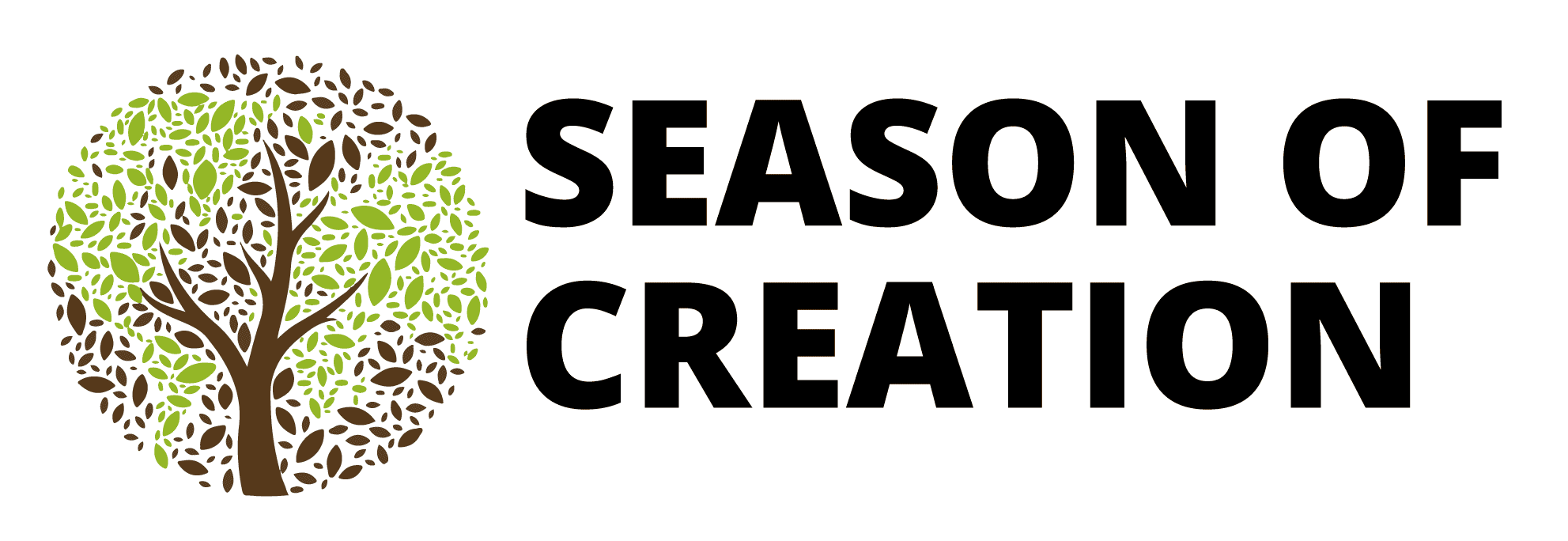
Water source in the desert near Siwa. Photo: Stéphane Gallay
Reflection during the Season of Creation 2020
Exodus 17:1-7
From the wilderness of Sin the whole congregation of the Israelites journeyed by stages, as the Lord commanded. They camped at Rephidim, but there was no water for the people to drink. The people quarreled with Moses, and said, “Give us water to drink.” Moses said to them, “Why do you quarrel with me? Why do you test the Lord?” But the people thirsted there for water; and the people complained against Moses and said, “Why did you bring us out of Egypt, to kill us and our children and livestock with thirst?” So Moses cried out to the Lord, “What shall I do with this people? They are almost ready to stone me.” The Lord said to Moses, “Go on ahead of the people, and take some of the elders of Israel with you; take in your hand the staff with which you struck the Nile, and go. I will be standing there in front of you on the rock at Horeb. Strike the rock, and water will come out of it, so that the people may drink.” Moses did so, in the sight of the elders of Israel. He called the place Massah and Meribah, because the Israelites quarreled and tested the Lord, saying, “Is the Lord among us or not?”
The people quarrel with Moses demanding, “Give us water to drink.” The people start to complain directly to Moses. Moses interprets the complaint against himself as a complaint against God. People were dying of thirst. A human being cannot survive without water, and people think that they will die. The basis for their complaint is, therefore, perfectly valid. However, the way that they turn against Moses, the way that they demand is a problem. And even though this is not an ideal situation, God provides them with water. God is perpetually interested and concerned about the survival of these people.
Reflecting on this Biblical passage during the Season of Creation, one sees that it does not merely rehearse an episode from Israel’s past. We see similar situations in many countries around the world. The reality is that people do not have water. They are suffering from lack of water, and probably they are fighting for it. The adverse effects of climate change aggravate this situation. Many countries right now are experiencing extensive droughts, affecting the most vulnerable people primarily, leaving them without food, and threatening their livelihoods. Most of us do not notice it. We only see when we do not have water. Then we realize how important water is for our lives.
And it is the same with other natural resources. We have the responsibility – all of us – to take care of creation, and not exhaust it. We all have the responsibility to live in a good relationship with nature. Also, it is essential to acknowledge that God is taking care of us through nature. God is very generous to us. Through nature, God provides us with all the things that we need to live. Today we live in an era that makes great demands on us in the challenge of caring for and enhancing the natural environment. It is in our hands.
Many churches in the ecumenical family observe the “Season of Creation” (also known as Creation Time) between 1 September and 4 October, the Feast of St Francis of Assisi, as observed by some Western traditions. For the Lutheran communion, this liturgical season of prayer and action is an opportunity to affirm LWF’s commitment to address a central crisis of our time – climate change. “Jubilee for the Earth” is the 2020 theme for the “Season of Creation”.
